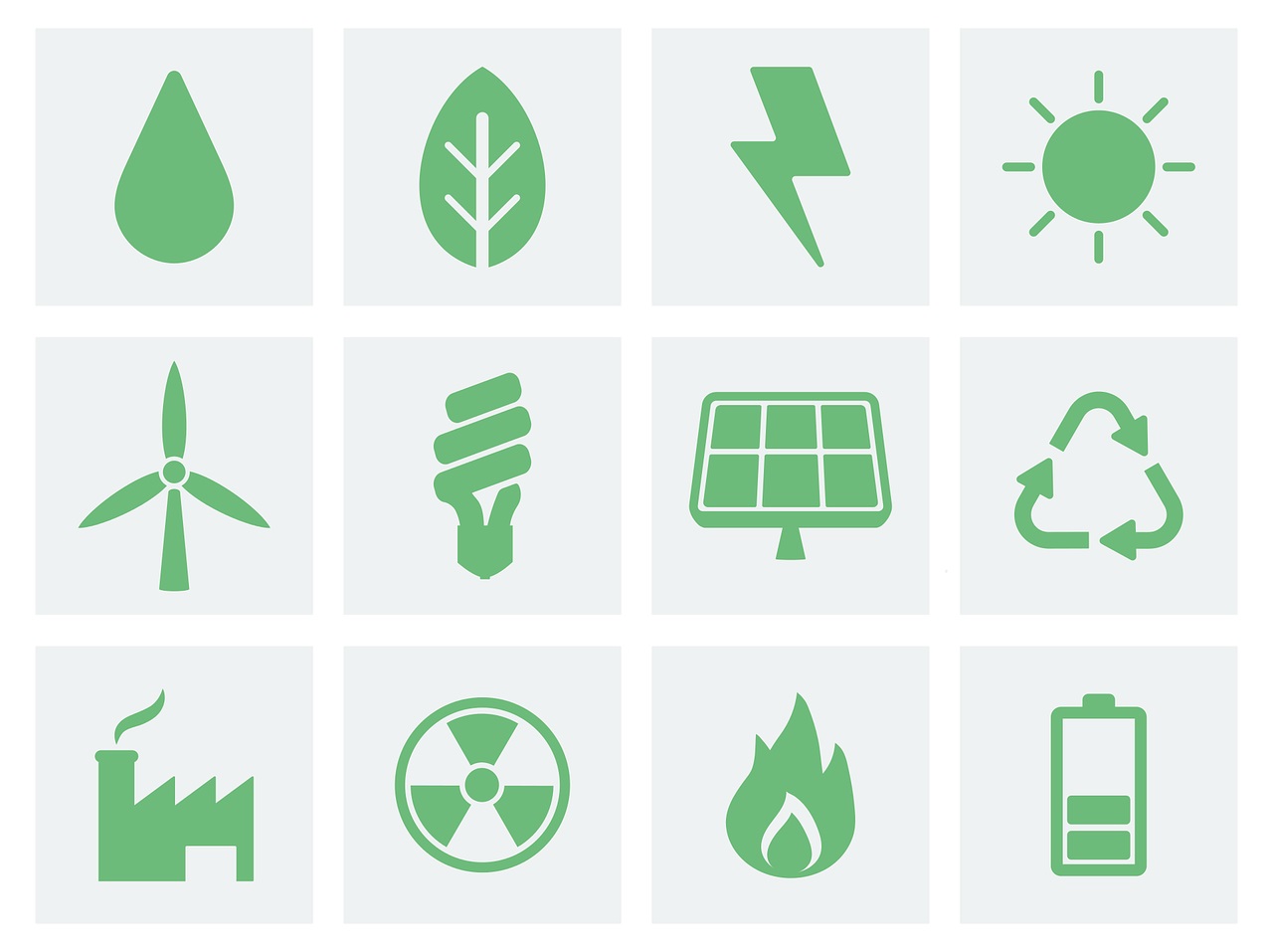
Circular economy: diagnosis of resources to optimize the reuse of business waste
15 Mar 2019
"Designing" company waste to increase reuse. This is the objective of "PROPER Umbria" (Pilot Project for Resource Efficiency), conducted by ENEA in collaboration with Sviluppumbria and the multinational Meccanotecnica Umbra - MTU, which has made itself available for pilot testing.
"The project is based on the diagnosis of resources, similar to what companies do in the energy field to determine actions needed to improve efficiency," explains Laura Cutaia, the head of the ENEA laboratory "Valorizzazione delle risorse", which coordinates the PROPER Umbria project.
The methodology developed within the project consists of a mapping of raw materials and materials used in production processes, after which the diagnosis of resources and then the optimization plan for them is made.
"Developing a voluntary discipline by which companies can account of resources presents an important opportunity to learn about the state of management of resources, and to monitor them in order to develop an efficiency plan both at company level and on a territorial scale, benefitting the companies economically," adds Cutaia. "Moreover, in order to measure the degree of circularity both of a company, and also of an industrial system, it would be important to know the quantity and type of waste reused as by-products by companies. This indicator is not currently available, but it would be extremely useful".
Currently, companies are not required to achieve efficiency requirements regarding management and consumption of resources, unlike what happens for energy, and there are neither mandatory nor voluntary tools to diagnose them.
"It would also be desirable for our country to put existing skills and structures in place, to equip itself in the short term with a national agency for the efficient use and management of resources, capable of dealing with the entire value chain, from extraction to the 'end of life' with subsequent reuse-recovery. Similar agencies exist in many advanced countries and also have the task of providing their national system with the cognitive tools and planners for the needs and supply of resources necessary for the operation and industrial development," concludes Cutaia.
The Proper Umbria project, funded under Innetwork 2016-2017 – Regione Umbria ERDF ROP 2014-2020, is one of the circular economy actions, with particular reference to the industrial symbiosis, i.e. the collaboration between industries of different sectors to achieve competitive advantages resulting from the transfer of matter, energy, water and surpluses.
Visit the Innetwork Programme dedicated page



